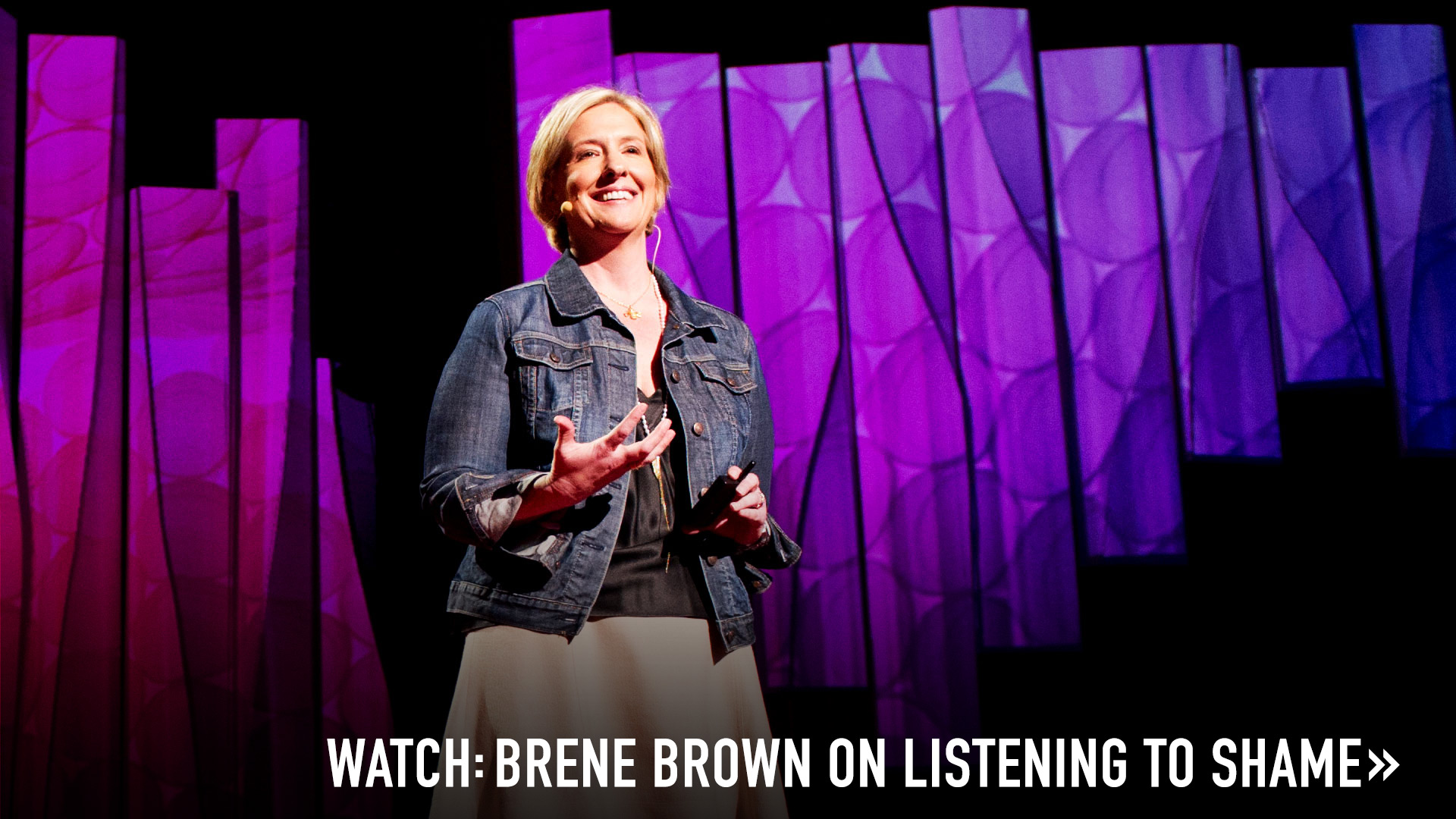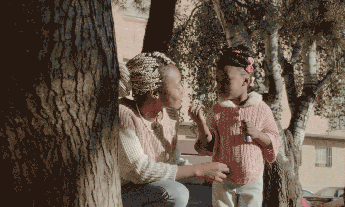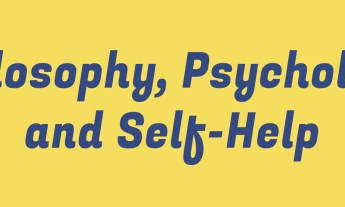
So many of us long to be part of something real. But we’ll need to risk discomfort and criticism and show the world our real selves first, says vulnerability researcher Brené Brown.
True belonging.
I don’t know exactly what it is about the combination of those two words, but I do know that when I say it aloud, it just feels right. It feels like something that we all crave and need in our lives. We want to be a part of something, but we need it to be real — not conditional or fake or constantly up for negotiation. We need true belonging, but what exactly is it?
In 2010, in my book The Gifts of Imperfection, I defined belonging this way:
“Belonging is the innate human desire to be part of something larger than us. Because this yearning is so primal, we often try to acquire it by fitting in and by seeking approval, which are not only hollow substitutes for belonging, but often barriers to it. Because true belonging only happens when we present our authentic, imperfect selves to the world, our sense of belonging can never be greater than our level of self-acceptance.”
This definition has withstood the test of time as well as the emergence of new data, but it is incomplete. There’s much more to true belonging. Being ourselves means sometimes having to find the courage to stand alone, totally alone. It’s not something we achieve or accomplish with others; it’s something we carry in our heart. Once we belong thoroughly to ourselves and believe thoroughly in ourselves, true belonging is ours.
No matter how separated we are by what we think and believe, we are part of the same spiritual story.
Belonging to ourselves means being called to stand alone — to brave the wilderness of uncertainty, vulnerability and criticism. And with the world feeling like a political and ideological combat zone, this is remarkably tough. We seem to have forgotten that even when we’re utterly alone, we’re connected to one another by something greater than group membership, politics and ideology — we’re connected by love and the human spirit. No matter how separated we are by what we think and believe, we are part of the same spiritual story.
The special courage it takes to experience true belonging is not just about braving the wilderness, it’s about becoming the wilderness. It’s about breaking down the walls, abandoning our ideological bunkers and living from our wild heart rather than our weary hurt. We’re going to need to intentionally be with people who are different from us. We’re going to have to sign up, join and take a seat at the table. We’re going to have to learn how to listen, have hard conversations, look for joy, share pain and be more curious than defensive, all while seeking moments of togetherness.
True belonging is not passive. It’s not the belonging that comes with just joining a group. It’s not fitting in or pretending or selling out because it’s safer. It’s a practice that requires us to be vulnerable, get uncomfortable and learn how to be present with people — without sacrificing who we are. We want true belonging, but it takes tremendous courage to knowingly walk into hard moments.
True belonging is not something you negotiate externally, it’s what you carry in your heart. It’s finding the sacredness in being a part of something.
You don’t wander into the wilderness unprepared. Standing alone in a hypercritical environment or standing together in the midst of difference requires one tool above all others: trust. To brave the wilderness and become the wilderness, we must learn how to trust ourselves and trust others.
As I often say, I’m an experienced mapmaker, but I can be as much of a lost and stumbling traveler as anyone else. We all must find our own way through. This means that, while we may share the same research map, your path will be different from mine. Joseph Campbell wrote, “If you can see your path laid out in front of you step by step, you know it’s not your path. Your own path you make with every step you take. That’s why it’s your path.”
We’ll need to learn how to navigate the tension of many paradoxes along the way, including the importance of being with and being alone. In many ways, the etymology of the word “paradox” cuts right to the heart of what it means to break out of our ideological bunkers, stand on our own and brave the wilderness. In its Greek origins, paradox is the joining of two words, para (contrary to) and dokein (opinion). The Latin paradoxum means “seemingly absurd but really true.”
True belonging is not something you negotiate externally, it’s what you carry in your heart. It’s finding the sacredness in being a part of something. When we reach this place, even momentarily, we belong everywhere and nowhere. That seems absurd, but it’s true. Carl Jung argued that a paradox is one of our most valued spiritual possessions and a great witness to the truth. It makes sense to me that we’re called to combat this spiritual crisis of disconnection with one of our most valued spiritual possessions. Bearing witness to the truth is rarely easy, especially when we’re alone in the wilderness.
But as Maya Angelou tells us, “The price is high. The reward is great.”
Excerpted with permission from the new book Braving the Wilderness: The Quest for True Belonging and the Courage to Stand Alone by Brené Brown. Published by Random House, an imprint and division of Penguin Random House LLC, New York. Copyright © 2017 by Brené Brown. All rights reserved.















